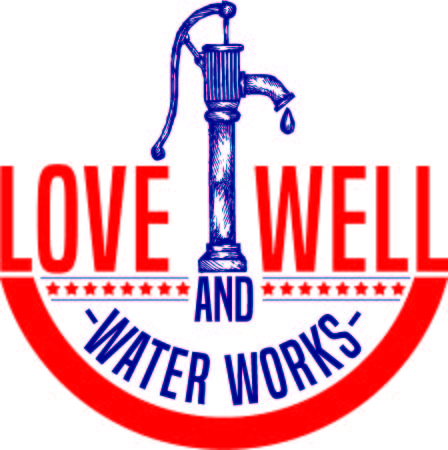How Effective Is In-Line Water Filtration?
In our homes, we all have certain expectations regarding the availability of water that is both sanitary and invigorating to drink. However, the type of filtration that you make use of has a significant impact on the quality of the water that you drink.
It would be helpful to have a refrigerator that comes equipped with a filtered water dispenser, a water filter that attaches to the sink would be a speedy solution, and water filtration pitchers are not overly expensive. However, are you aware of what you will receive from them and how the quality of the water will compare to other methods of water treatment such as reverse osmosis (R.O.)?
In-line filtration is a solution that many people believe will solve the water issues that they are experiencing in their homes. The sad reality is that this is not always the case. If you replenish the water in your filtration pitcher every day or replace the filters in your refrigerator and pitcher every few months, you should know the return on your efforts and whether or not it is actually providing you with the cleanest and safest water possible.
There is no such thing as a “one size fits all” approach when it comes to the process of purifying your water. What comes out of your faucet is affected not just by where you live geographically but also by the quality of the pipes in your home and the source of the water.
Various Methods of Water Filtration and Their Distinct Characteristics
It boils down to whether you want good-tasting water or water that tastes good but contains considerably fewer potentially harmful contaminants, many of which you cannot taste. In-line cartridge filtering alternatives and reverse osmosis systems both provide good-tasting water, but reverse osmosis systems produce water that tastes good but contains far fewer toxins.
The flavor of the water can often be improved by using in-line filtration methods that use carbon. The problem with this is that carbon does not remove the same pollutants from water as a reverse osmosis system does. For example, the water in a conventional carbon filtration pitcher first passes through a mesh screen. After that, activated carbon granules work to minimize the taste and odor of chlorine in the water.
According to some experts, the removal of many additional substances, such as hard minerals as well as medicines, lead, arsenic, and other potentially hazardous toxins, is not possible using carbon alone as a filtration medium.
Water that contains a significant amount of minerals may have an unpleasant and acrid flavor. The mineral count in the water has a tendency to make the water more pleasant, and in-line or cartridge filtering alternatives are not designed to eliminate those difficulties. However, the water can be made more palatable by decreasing the mineral count. Even while the filter might be removing a trace amount of chlorine from the city water or maybe even a trace amount of sulfur from the well water, the primary purpose of inline filtration systems is to improve the water’s flavor and odor. They do not eliminate any of the other pollutants that are occasionally discovered.
In addition, the water is essentially polished by the inline filtration process, which is the very final step of a reverse osmosis system.
The treatment of water is not a problem with a simple answer. To determine which water treatment method is ideal for your home and family, you need to see an expert. There is a one-of-a-kind answer available for your household, but it is possible that it will also need to be combined with an additional water treatment choice, such as a water softener to get rid of the hardness in the water or an iron filter. You should not have to settle for inferior water, and a water treatment retailer in your area may put you in the proper route.
Households can benefit from better testing, cleaner, and safer water with the installation of reverse osmosis systems. In order to accomplish this, reverse osmosis systems combine a one-of-a-kind semi-permeable membrane with several carbon filters, which results in a more advanced level of water treatment.
